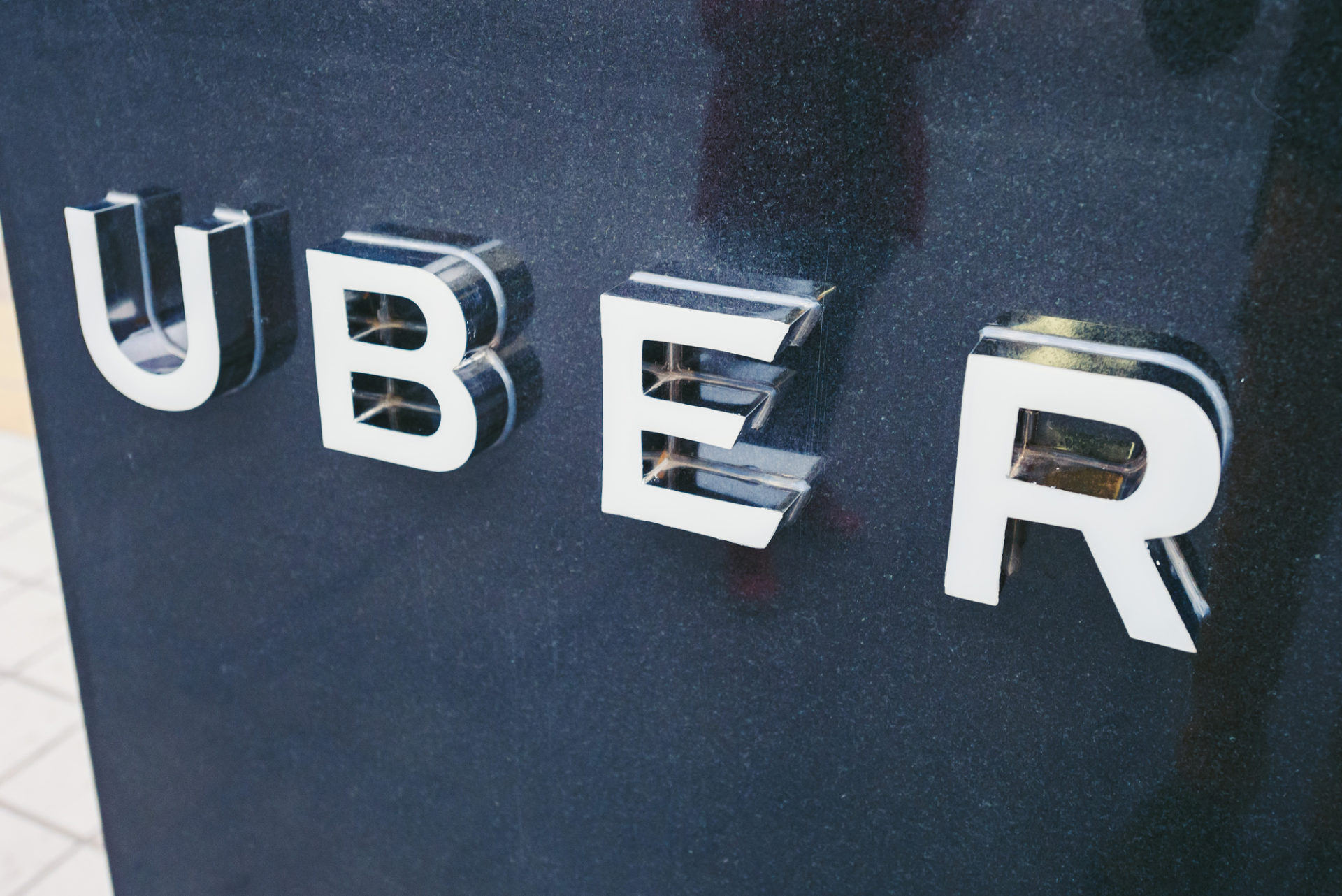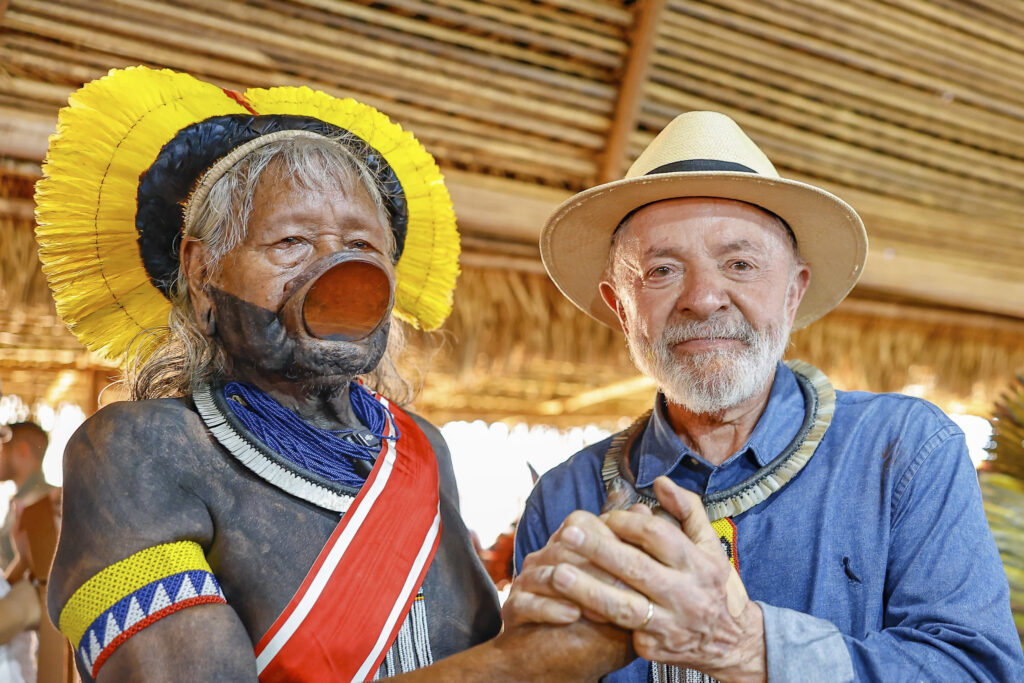Colombia’s Superintendence of Industry and Commerce ruled last week that the multinational ride-hailing app Uber is operating “unfairly,” forcing it to cease operations in the country.
The court’s decision means that on February 1, Colombia will become the first country in Latin America to lose access to Uber, although the food delivery platform UberEats will continue to operate.
The lawsuit against Uber was originally filed by the Colombian taxi union Cotech, which had been campaigning against Uber for years. Cotech claimed that the app was “dishonestly” diverting customers away from hailing the nation’s trusty yellow cabs, giving Uber drivers an “illegal” competitive advantage.
According to the BBC, President Ivan Duque’s government has supported the court’s decision.
Uber, which has also faced legal challenges in Mexico, Brazil and Argentina as well as Europe, the United States, Australia and India, described the court’s ruling as “surprising” and “arbitrary.”
When Latin America Reports asked Daniela Puerta, a representative from Uber, she claimed that the decision was “against the Colombian legal framework,” which meant that it “violated due process and constitutional rights.”
The company which, according to the Miami Herald, employs 88,000 people in Colombia and is used by over two million, is reluctant to accept that this will be the end of Uber in the country. Even its Twitter announcement of the news called for a solution to the problem.
When asked whether it would continue trying to operate in Colombia, Puerta claimed “it hope[d] the national government would study all scenarios so that [the app] could continue to be available in the country.”
Other transport applications such as Colombia-based, ride-sharing service Picap, which offers motorbike and car options, agree that the Colombian government needs to work alongside transport apps in order to provide regulations that enable them to work alongside taxis. Picap intends to continue operating normally despite facing legal challenges of its own.
“The state is not allowing technology to progress in the Colombian economy,” Picap co-founder Hector Neira told Latin America Reports, referring to the government’s relationship with legislation as “backwards.”
“Technology advances much faster than [the government],” Neira said.
Picap, popularized by its motorbike option, has not only been declared illegal by Colombia’s Ministry of Transport but also unsafe. Meanwhile, the app is campaigning for mototaxis to be recognized as a means of public transport, and to change public perceptions that they are dangerous.
“Mototaxis have existed in Colombia much longer than Uber,” he added.
Carolina Albornoz Brahim, a PR coordinator from the ridesharing application Cabify, also told Latin America Reports that it supports the government’s decision to establish regulations for transport apps operating in Colombia.
She described Uber’s exit from Colombia as a “momentous step towards dealing with a debate that is of national interest.”
“We encourage Congress and the government to prioritize this debate and be able to quickly reach the correct results, which will translate into modern regulations that benefit users and workers in the sector,” Albornoz added.
Mauricio Toro, the current Green Alliance representative in the Bogota Chamber of Commerce, has drafted legislation to regulate transport applications in Colombia, which he discussed in a recent Facebook Live interview with El Tiempo.
When asked about his proposals, Puerta representing Uber told Latin America Reports that they were “surely a start to open discussion.”
However, with this draft legislation yet to be debated by the Colombian government, the question is how long it will take to establish these proposed regulations.











